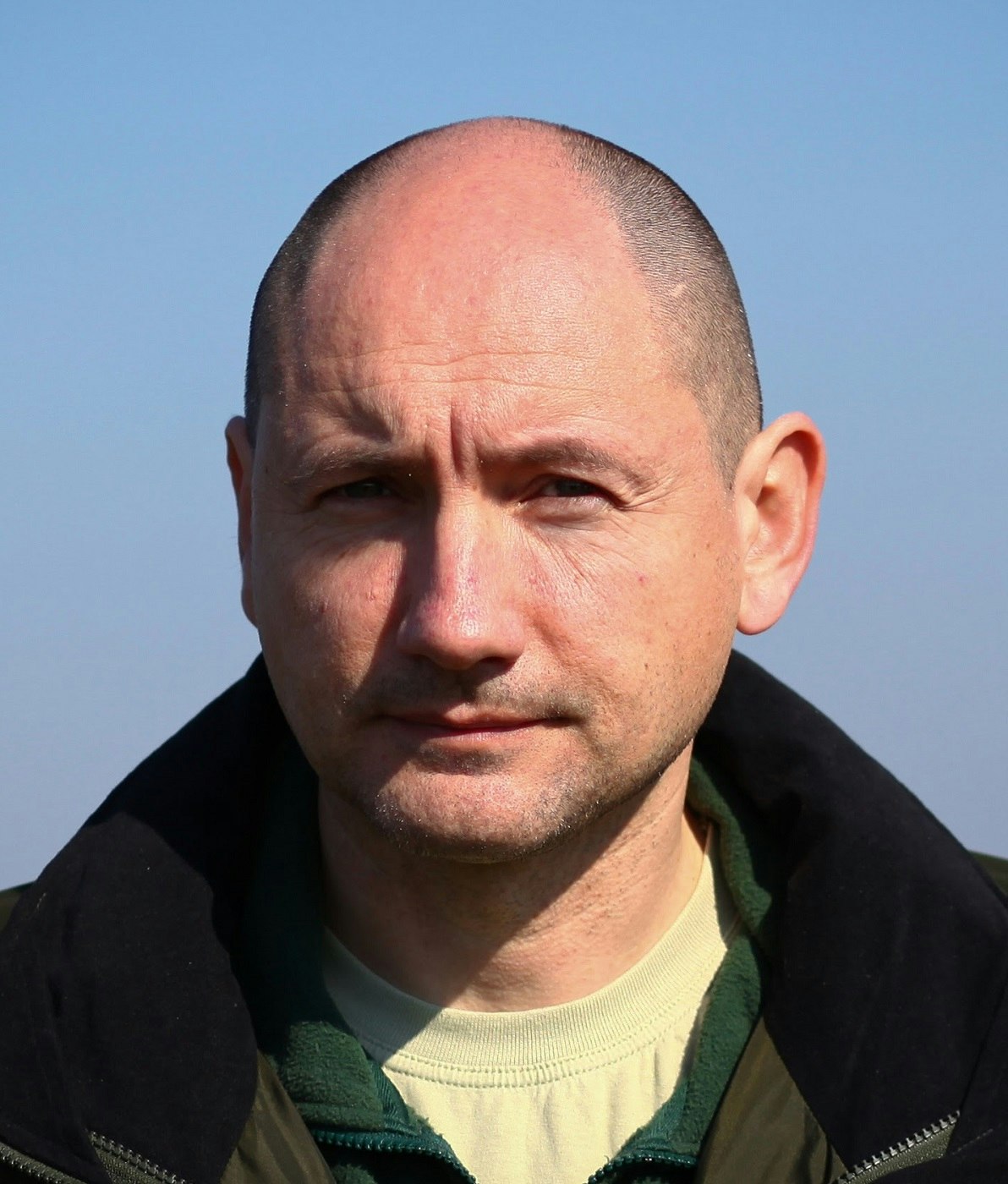Winner of the Whitley Award donated by Fondation Segré
The Country of Eagles
Once known as the country of Eagles, by the end of the 20th century, only eight Imperial Eagle nests remained in Bulgaria due to the loss of its habitat, reduction in prey, electrocution from overhead pylons, nest poaching and illegal killing.

Population recovery
Stoycho Stoychev is the Conservation Director of the Bulgarian Society for the Protection of Birds (BSPB). Thanks to his efforts, the Imperial Eagle population in Bulgaria has doubled over the last decade, to 25 breeding pairs. By establishing the eagle as a flagship for wild grassland habitats, Stoycho is bringing this species back from the brink of national extinction whilst protecting other endangered species including the European souslik, Marbled polecat, Saker Falcon and land tortoise.

A new threat
Whilst Imperial Eagle habitat is formally protected as part of the European Union Natura 2000 network, the accession of Bulgaria to the EU has heralded a new threat, as agricultural subsidies have triggered large-scale ploughing of grassland pastures, which threatens the remaining eagle population. More profitable and environmentally friendly farming subsidies are available, but remain little known and difficult to apply for.

With his project, Stoycho will:
- Enable farmers to apply for and implement agri-environmental measures that conserve eagle habitat and boost their own income.
- Develop environmentally friendly businesses based on ecotourism and sustainable farming.
- Train local communities in participatory monitoring and nest guarding.
Why it matters:
- Bulgaria is the poorest country in the EU so for conservation to be successful, it must also benefit local people.
- Bulgaria’s breeding population of Imperial eagles accounts for 20% of the EU population.
- Eagles can generate local income through bird watching tourism.
“Our nest-guarding programme has significantly increased breeding success and the survival of juvenile eagles.”
project Update
With WFN funding, Stoycho has worked at the national level to develop environmental policy and encourage local participation in agri-environment schemes that conserve Imperial eagle habitat and benefit farmers financially. The project has made great progress and is already seeing results in terms of fledgling success.
- The Imperial eagle population in Bulgaria has continued to increase. There are now 28 pairs of Imperial eagles (2015) compared to 26 pairs in 2014; and the project recorded 29 Imperial eagle fledglings in Bulgaria in 2015 – the highest number ever recorded.
- Satellite tracking has revealed that illegal persecution remains a threat and grassland loss continues with a 20% decline of grasslands in 18 eagle territories between 2011 and 2014.
- Encouragingly, field work in Turkey identified new Imperial eagle nests and Turkish colleagues were given training to carry out monitoring and conservation activities. In Bulgaria, 9 volunteers were trained in these fields and nest guarding.
- To improve grassland management and conservation, the project team has actively engaged with the Bulgarian government and the European Commission. As a result, 60 farmers were trained to promote agri-environmental measures for Imperial eagle conservation and grassland restoration and several applied to the agri-environmental incentive scheme for the first time, thus ensuring approx. 70 hectares of land will be maintained as grassland for Imperial eagles.
- Thanks to lobbying by the project, the area eligible for subsidies for Imperial eagle conservation measures has increased from 674 to 859 settlement territories; and government funding available for Natura 2000 payments in Bulgaria has doubled.
- A new EU-LIFE project will see the purchase of 500 hectares of key pasture land and restoration of approximately 800 hectares of pasture land.
- To raise awareness of the eagles, the first wine with a label promoting Imperial eagle conservation was produced with the Bratanov winery. A small donation from every bottle sold will be contributed for eagle conservation. Two festivals of local produce were also held in celebration of the Imperial eagle and were attended by officials from the Bulgarian government and the European Commission. Two hides have been built in order to support eco-tourism.



